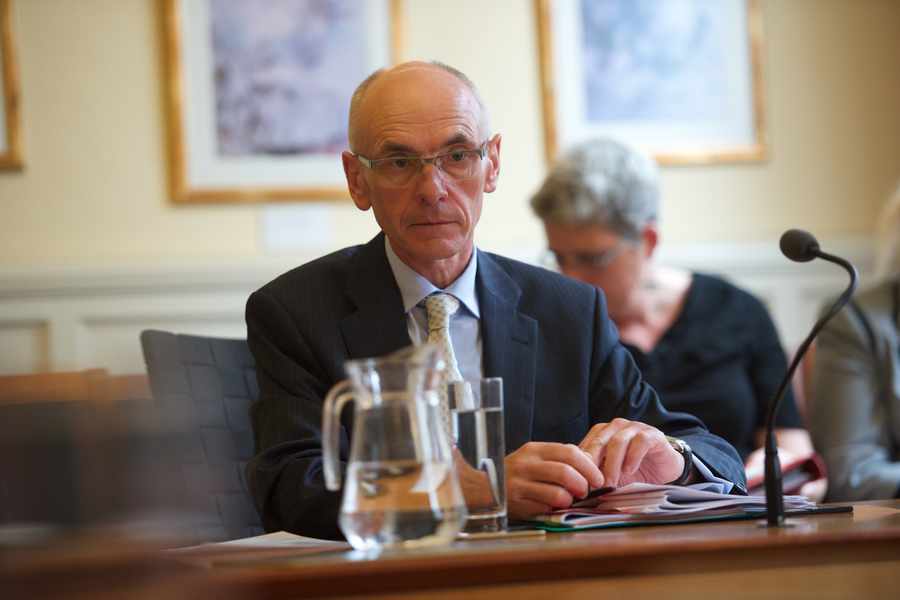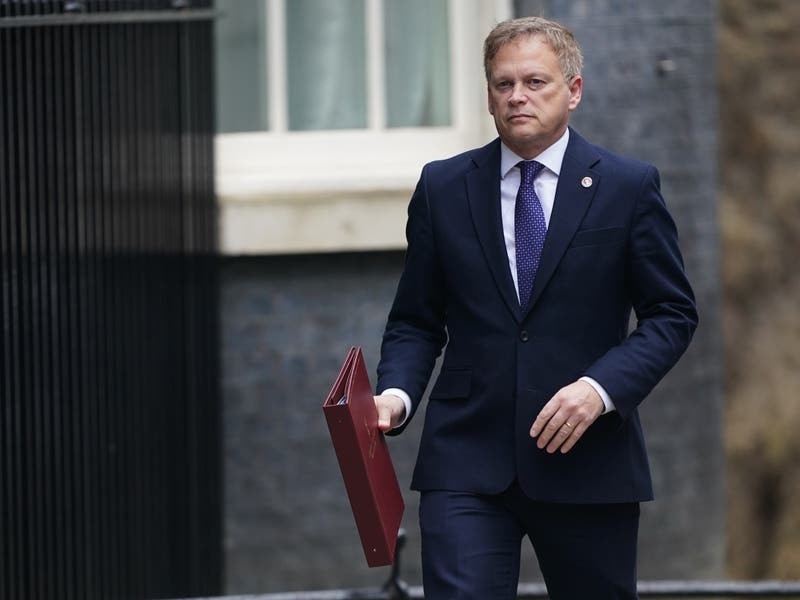On the eve of the most important States debate of the year to decide a spending plan for 2016 to 2019 – including £90m of job cuts and departmental restructuring – the Public Accounts Committee say that they were barred earlier this year from publishing details of nine projects costing an initial £4.38m of public money on the basis that this was work ‘under development’.
The broad outline of the plans has since been included in the draft Medium Term Financial Plan, but without the details of the nine ‘programme outcomes’ which the Public Accounts Committee have chosen to publish in today’s report.
Those outcomes include:
- Modernised staff terms and conditions based on a strong performance management and development culture.
- A reduction in the number of States offices.
- The future size of the workforce dependent on how effectively processes are redesigned and technology applied.
- Business process re-engineering using Lean methodology where an increase in productivity of 15% to 20% is the norm.
- Integrated IT platform for the States to reduce annual IT costs by up to 20%.
- A more flexible, mobile and responsive workforce.
- Integration of front, middle and back office functions.
In response to a Freedom of Information Request submitted earlier this year, the JEP revealed that a £16.3m budget for public-sector reform had been set aside from 2012 to the end of this year, with £6m already spent by the end of January. This prompted a Public Accounts Committee hearing in June when chief executive John Richardson and human resources director Richard Stevens were asked about the progress of the reforms.
At the time Mr Stevens said he could not give any more detail about the management of the project because it was ‘very sensitive, it affects a lot of staff, a lot of grades will be affected’, adding that there had not at that time been any discussions with the unions.
It was also stated at the time by Mr Richardson that the overall aim of the reforms was not to save costs – and that further costs would be incurred as a result of the plans, for example in IT.
During the hearing the senior civil servants indicated that States workers would be likely to face more redundancies and re-evaluation of their job roles over the next three years, as well as renegotiation of the ‘reward structure’.

In a statement issued today, Public Accounts Committee chairman Deputy Andrew Lewis said: ‘In our view there has been an unhelpful and ultimately unnecessary lack of transparency that needs to be addressed.’
The PAC also says that they have had ‘several issues’ with the accounts, including ‘potential under-reporting of programme budgets and expenditure’, with some spending not being counted because departmental base budgets are being used for the funding.
However, they are most concerned about lack of public accountability: ‘Phase one was a series of projects with a combined budget of almost £5m that should have been completed by December 2014,’ said Deputy Lewis. ‘There was no proper evaluation of phase one and no reporting back up the line to the Council of Ministers after the deadline.’
The committee says it intends to launch a follow-up review of financial management, in line with the findings of the Comptroller and Auditor General earlier this year that management of States spending was not properly controlled.
However, they say that some elements of the reforms are ‘exciting’, although progress has been ‘painfully slow’, with potential to ‘deliver a lasting legacy for the benefit of all Islanders in the longer term’.







